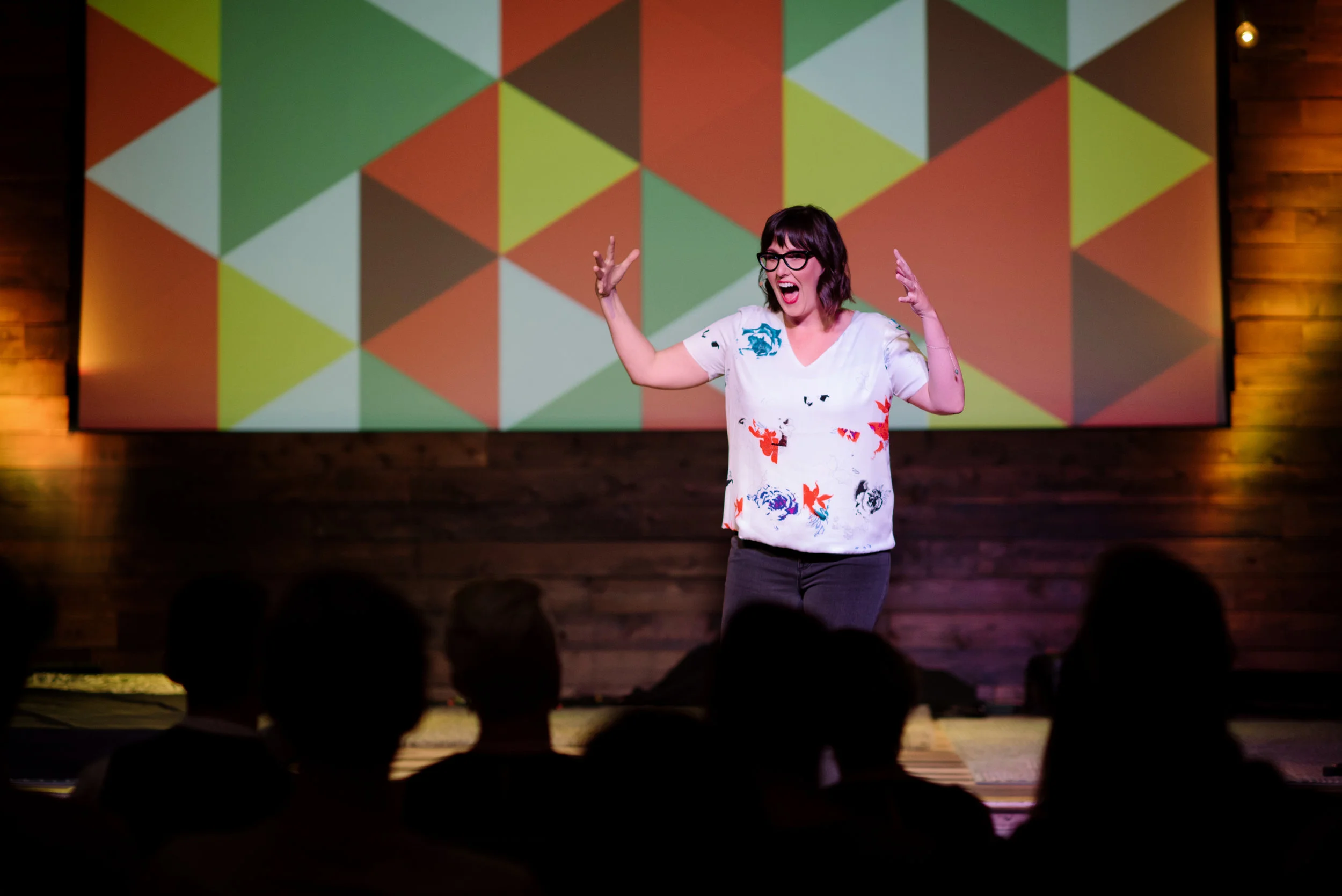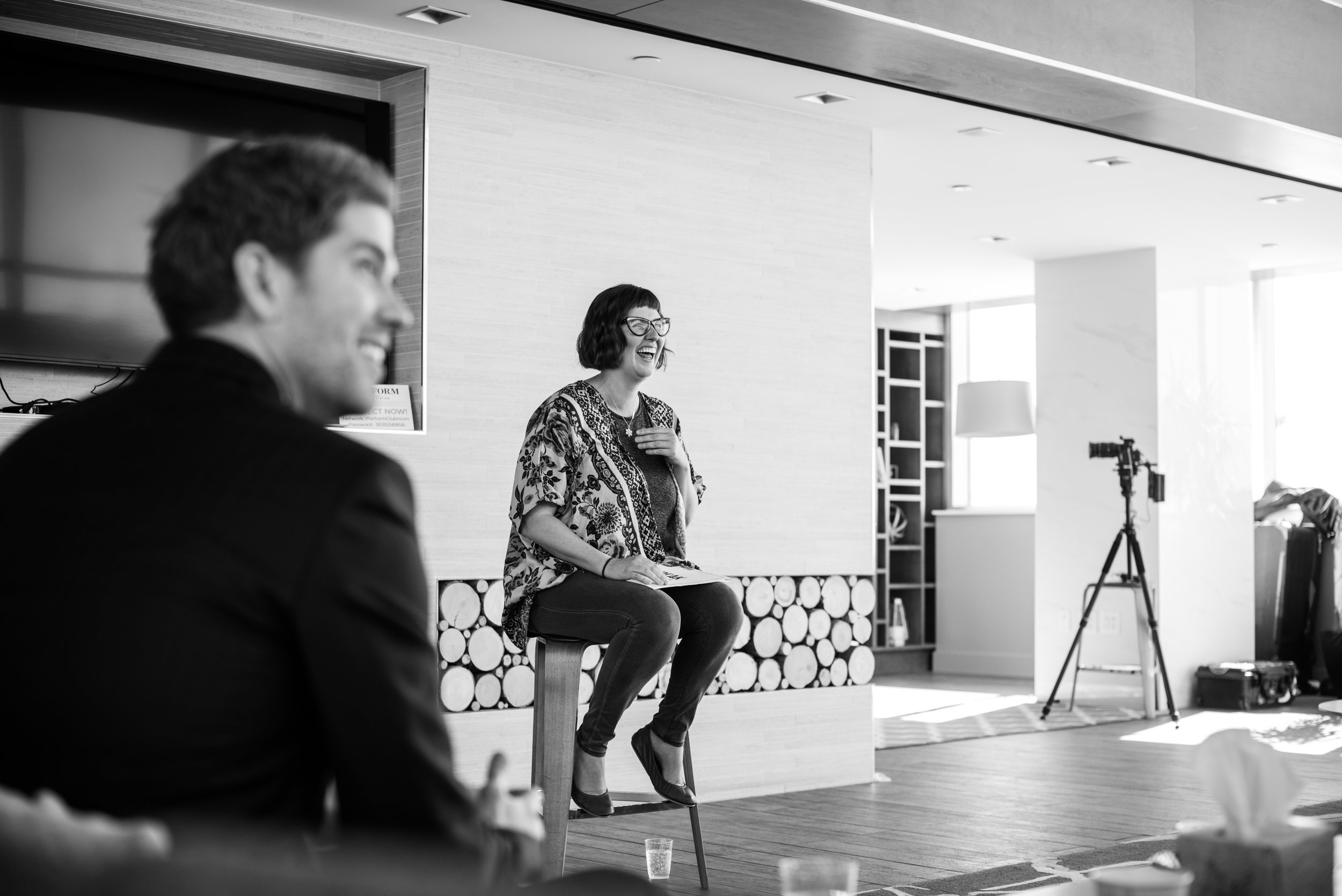
embodiment coach
Finding Freedom Through Liberating The Body
As a survivor of high control religion and the repression, compulsory heterosexuality, and self-policing, I have spent the past 15 years learning to feel my own body. This practice undergirds everything else I do - and it has since the work began. I use my own experience, body-based energetic healing practices (Reiki and yoga), and sexual education as well as business, political, career, and spirituality wisdom for the post-religious or mind-body disconnected person.
rituals and rites
Making Meaning In Our Daily Lives and in the Crucial Moments of Birth, Life, and Death
As a fully deconstructed, post christian eclectic witch, my work still centers on creating meaning and honoring transitions, growth, changes, in the day to day as well as the unique occasions we mark in our lives. These rites include traditional observations such as marriage, parenthood, and death. They also include co-creation of rites that include other significant experiences such as a first menstrual cycle, gender affirming rites and renaming ceremonies, pregnancy loss, career transitions, divorce, and other moments of meaning you want to recognize.
motivational speaker
Connecting the Mind, Body, and Spirit to Support Meaningful Work
See a few brief samples of my speaking work below. Topics and details can be found by clicking the button below.
If you’re ready to reclaim your body as your own and your self as a free and sovereign being
watch: leave in love
Learn more about Leave in Love - so you can leave behind situations, patterns, and beliefs that don’t serve you without burning out or burning sh*t down.
watch: how to use your three brains
We all have three brains - head, heart, and gut - but in western culture, we really only listen to the head brain. This short talk introduces your three brains and shares how you can access the two-thirds of your wisdom that has most likely been locked away for some time.
*a quick note -- this talk features me thoughtlessly saying a gendered remark "It's perfectly normal for boys and girls your age..." which was pointed out to me by a brilliant trans human whose work and courageous humanity I admire. Thank you to Lindo for helping me internalize the practice of moving away from gendered terminology and toward inclusion.
I keep this video as is because it is a part of my growth trajectory and a good way to see that sometimes we get it wrong, and we can learn to do better as we go. For my beautiful nonbinary buddies, this is an acknowledgement of my mistake and a promise to continue to do better all the time.


